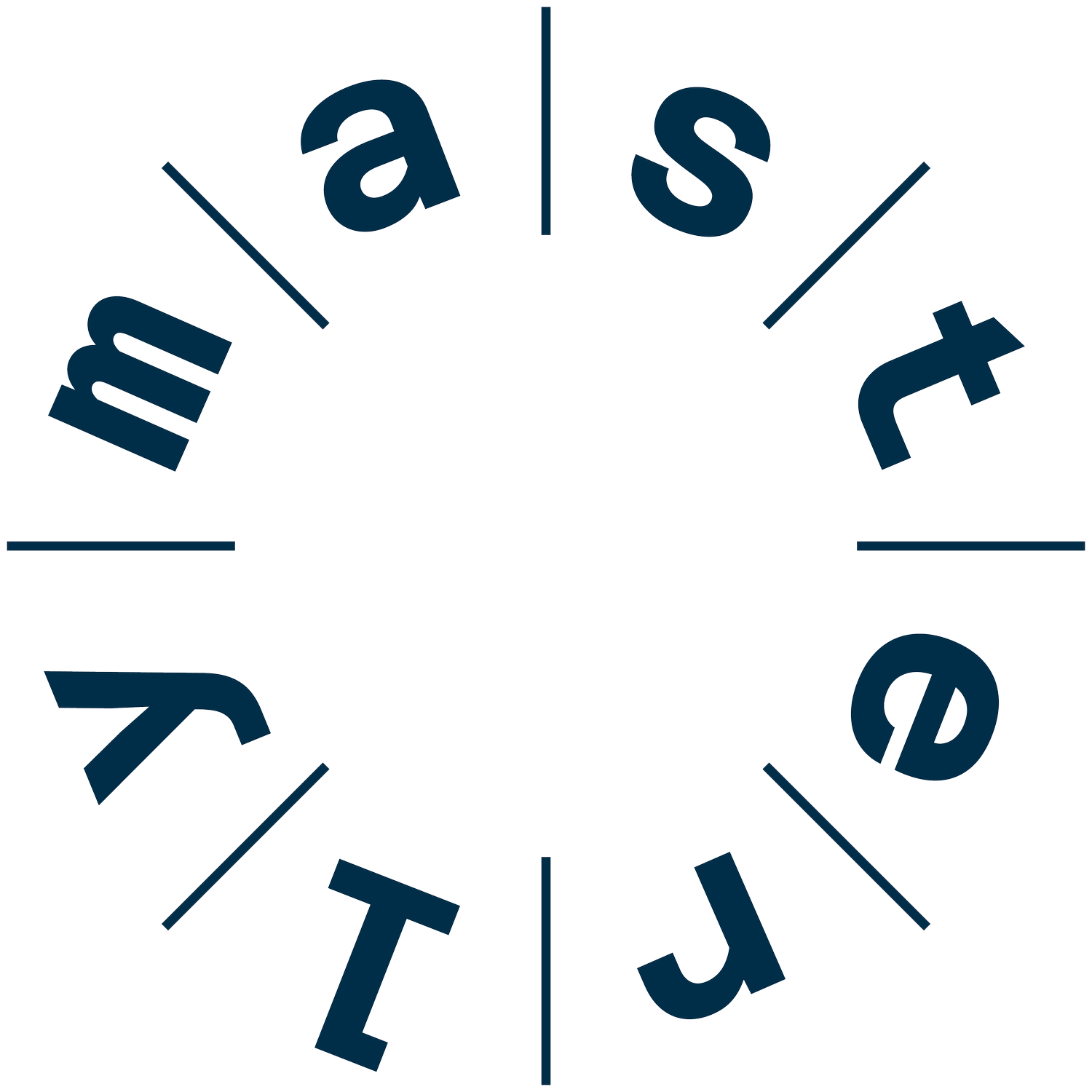Prepping like a winner! How to best prepare for your presentations!
This blog focuses on preparing for presentations.
For more on preparing yourself and overcoming nerves click here to read about your inner presentation game.
For more on creating engaging content click here to read…
Know your audience
Before you even think about putting pen to paper (or finger to keyboard!) make sure you know exactly who your audience will be. Your presentation should be like a well-tailored suit, made to measure to fit the audience exactly. When you deliver a generic presentation, the audience knows it. They sense it isn’t quite right for them and they disengage, and the message gets lost. Know as much as you can about the audience, this includes but is not limited to, their job titles, qualifications, knowledge on the topic, experience with you and your organisation, needs, goals, and current problems, if you could get their medical history and pets names that would be great too! (Kind of joking). You get the idea. Know as much as you can and tailor your presentation accordingly.
Define the end goal
Your presentation should have a purpose. It should intend to achieve something, otherwise, it is just a collection of semi-interesting information with no aim. Presentations that are aimless are boring! Your audience will be left thinking, well that’s nice, but SO WHAT!? If you don’t know what you want to get out of your presentation your audience won’t either. Spend time clarifying your goal, it could be an action, a behaviour, a decision, or an emotion. Whatever it is, define it clearly in your mind, and then make sure you build your content around moving the audience towards that goal.
Write the content then prepare the slides
So often people rush into preparing slides too quickly. It is better to get your content written, lay out the flow of your presentation, and then create slides that represent that content in the best way. Doing it this way round allows you to freely create the content without the confines of the PowerPoint format. At this stage, you should be asking yourself questions and building the content around these questions –
What does the audience already know?
What does the audience not know that would be useful for them to know?
What would be interesting to the audience?
What information will help the audience decide?
What key statistics/numbers do I want to convey?
Give yourself enough time
“It depends. If I am to speak ten minutes, I need a week for preparation; if fifteen minutes, three days; if half an hour, two days; if an hour, I am ready now.” These were the comments of President Woodrow Wilson in answer to the question – How long does it take to prepare one of your speeches?
The premise here is that for shorter presentations we need to be more focused and specific with our message and therefore it will take longer to prepare. Your presentations should be as succinct as possible. Make sure you have enough time to prepare your presentation, the longer you give yourself the more polished the presentation will be.
Cut ruthlessly
A presentation is usually an opportunity for us to give an overview of a topic area or deliver a persuasive message. The presentation is the start of something, a project, a relationship, or a change in process or procedure. It is therefore an introduction to something, after which action is required on both sides. All too often people try to cram every piece of information about the topic into the presentation. You should only include the information needed to move the audience to the next stage in the process. You should create enough energy and excitement so that the audience is keen to do some work on their own to move the project along. If the presentation is too long you will bore the audience and kill off their enthusiasm.
Practice, practice, practice
Practice means reading your presentation out loud, exactly as you would during your presentation. You don’t need to memorise your presentation verbatim, but you should have a script and say the words you intend to say. This practice routine will create pathways in your brain, so you are less likely to forget your words during your presentation. Knowing your presentation well will allow you to go off script and feel comfortable that you can return to the plan as appropriate.
Ask someone critical for their opinion
Practicing in front of others is important before your presentation but choose your audience carefully. You don’t want an audience of ‘yes’ people who will just praise you and say how good it was. While this is nice to hear it is more beneficial for you to hear constructive criticism so you can make improvements. Don’t do this too close to the actual presentation, getting critique one hour before will only increase your stress! Get the feedback in enough time so that you can do something about it.

